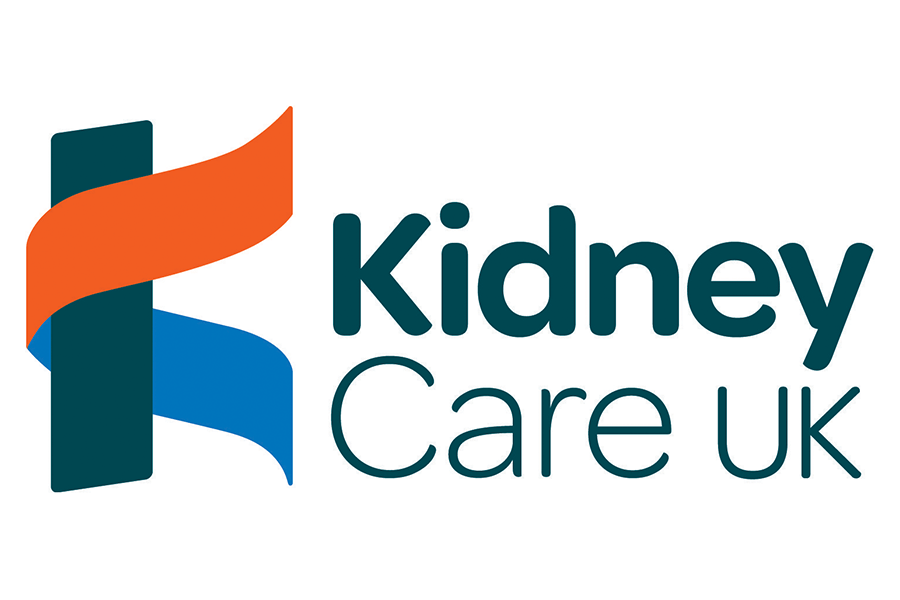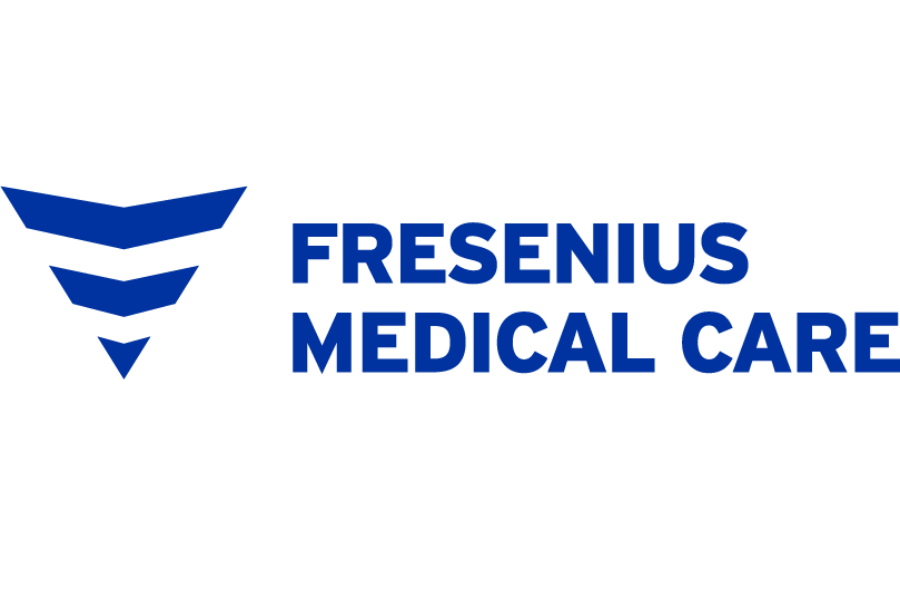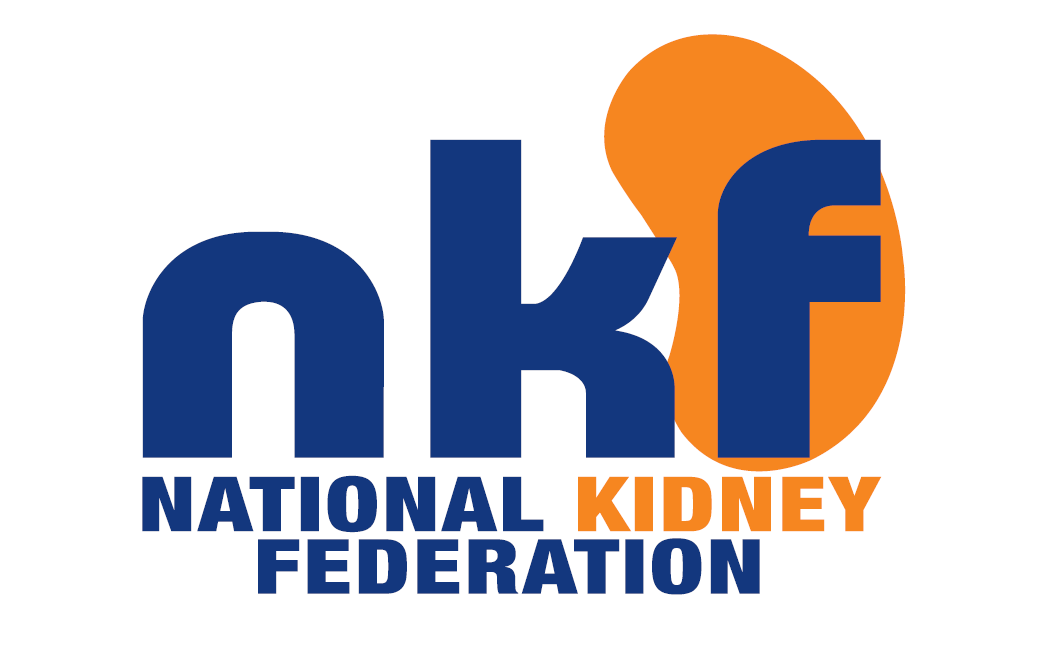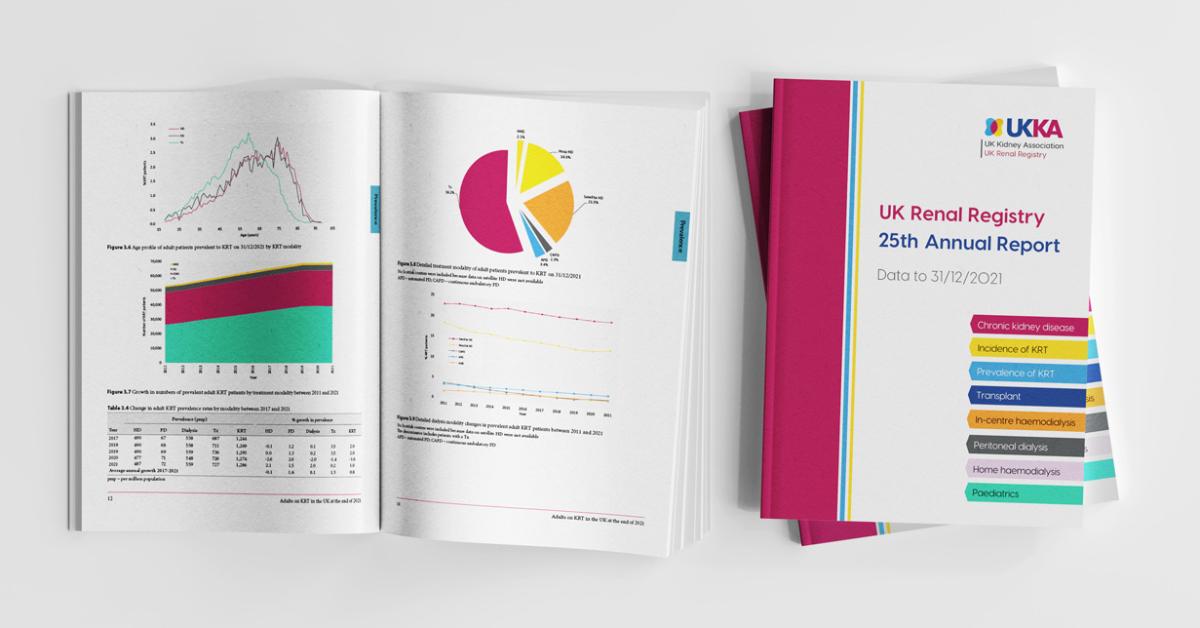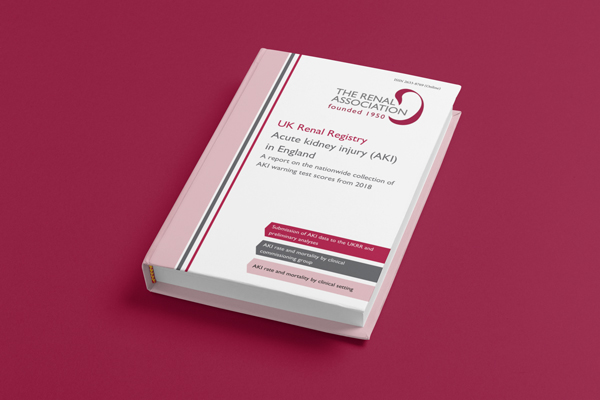COVID-19 learning hub
Communication
I have been snuggled safe in a nest, I am now told from 1 August, it’s time to fledge and leave the safety of the nest…But keep distancing, and actually keep the nest, and stay in it as much as possible, but to encourage you to try to fly, the food boxes will be cancelled, and over some undetermined time the priority Home Delivery slots from the Supermarkets also…
How did hospitals and organisations across the kidney community work together to communicate during the pandemic?
What measures did the renal community take to ensure key, evidence based information and learning was communicated widely to both staff and patients?
How were platforms such as Zoom, WhatsApp, Facebook and MS Teams used creatively to share information?
During the early stage of the COVID-19 pandemic, information, advice and guidance for staff, patients and the general public was changing daily. Patients and staff were trying to digest and respond to information at extraordinary speed.
A multi-organisational approach was vital to ensure consistent, clear messaging, and collaboration between professional societies, patient charities, networks, renal trusts and private providers.
Platforms such as WhatsApp provided the space for real time, informal support and sharing between colleagues and patient peers which helped to sustain resilience during the most difficult times.
Do you have experience of receiving or providing communication (locally or nationally) during COVID-19?
Add your voice to this learning community!
Be it a personal reflection, an innovation you are proud of or something you have learnt, get in touch by completing this short and easy form, or email your story in your own words to kquip@renalregistry.nhs.uk.


